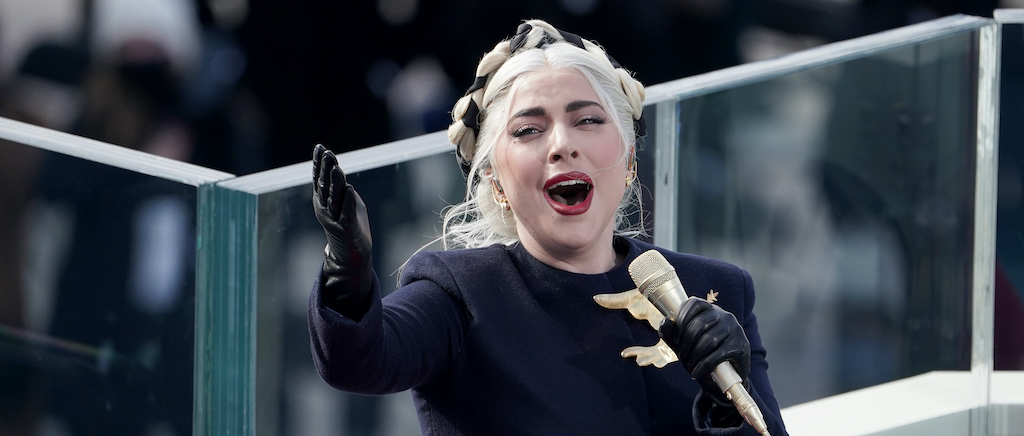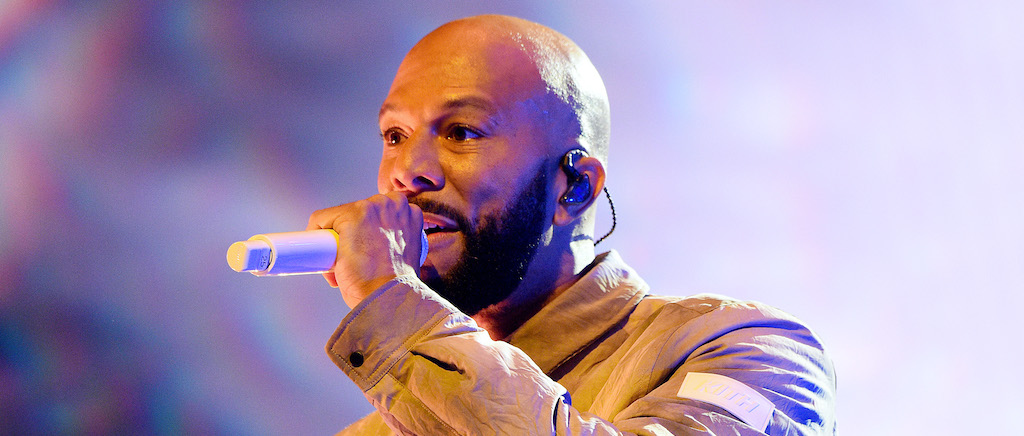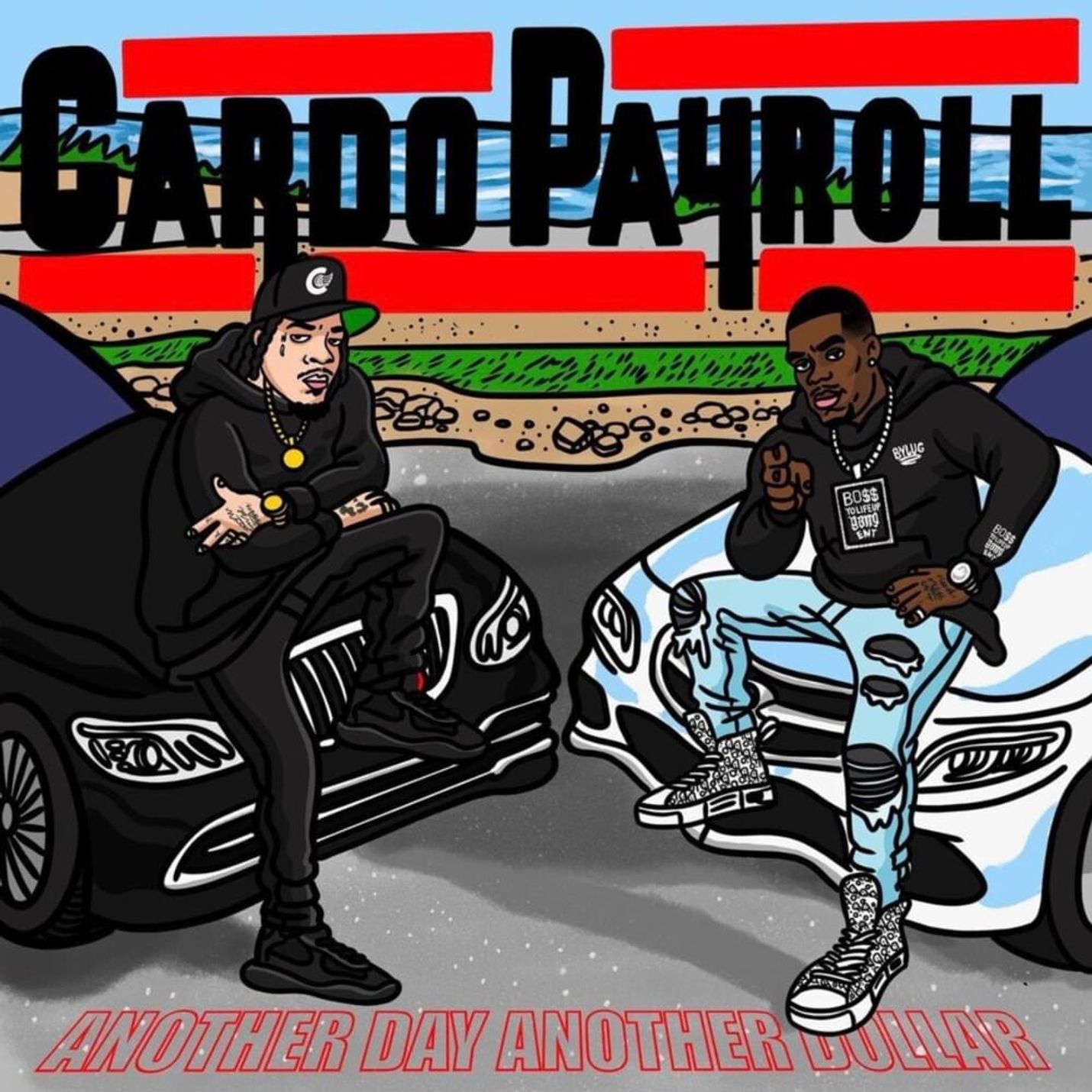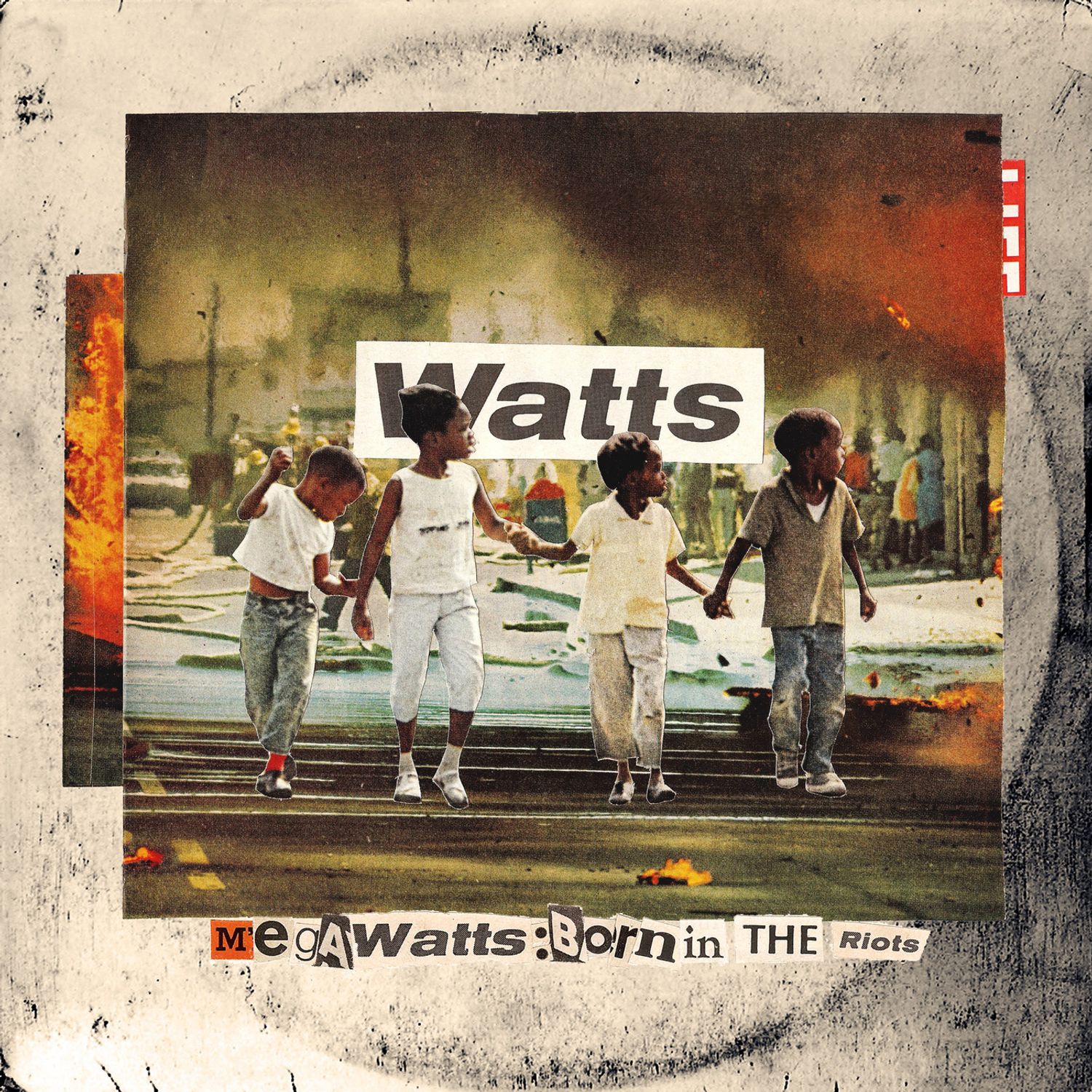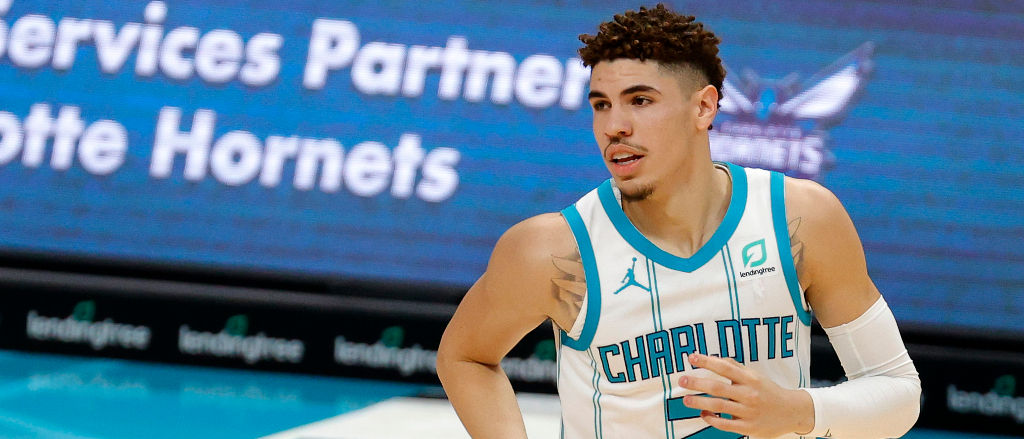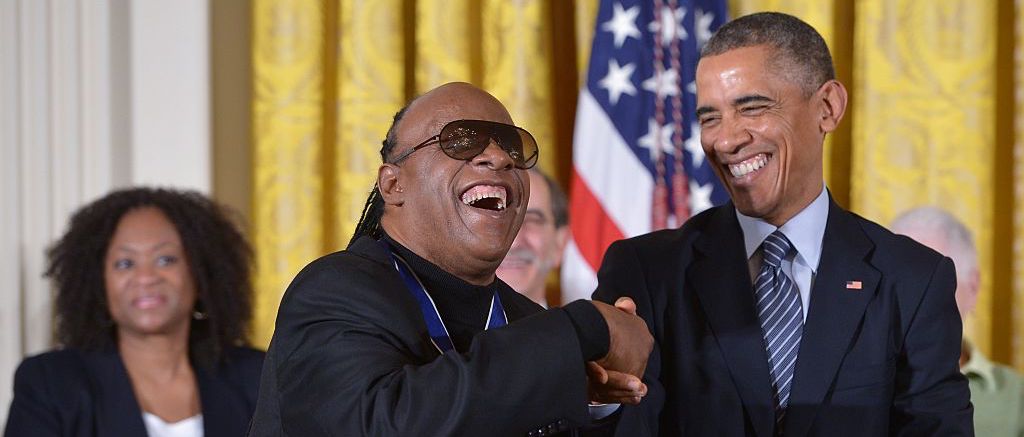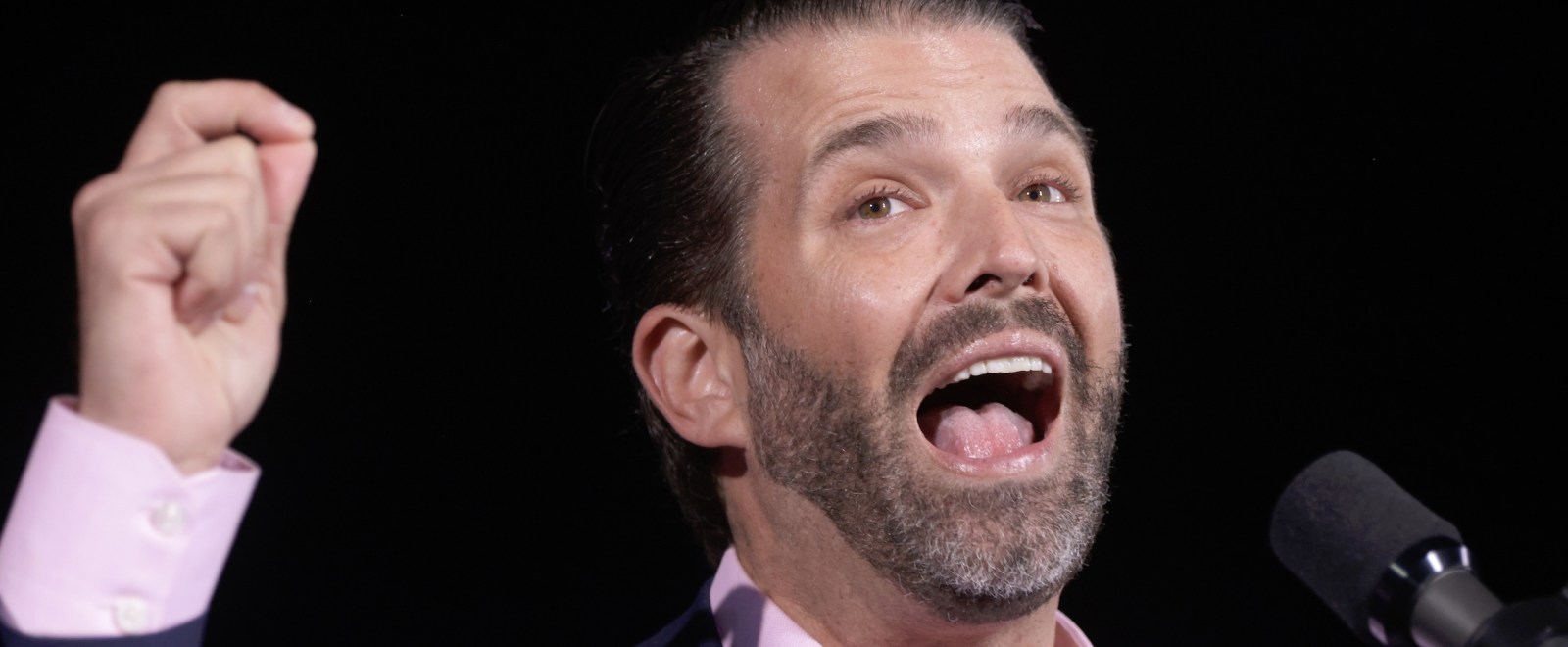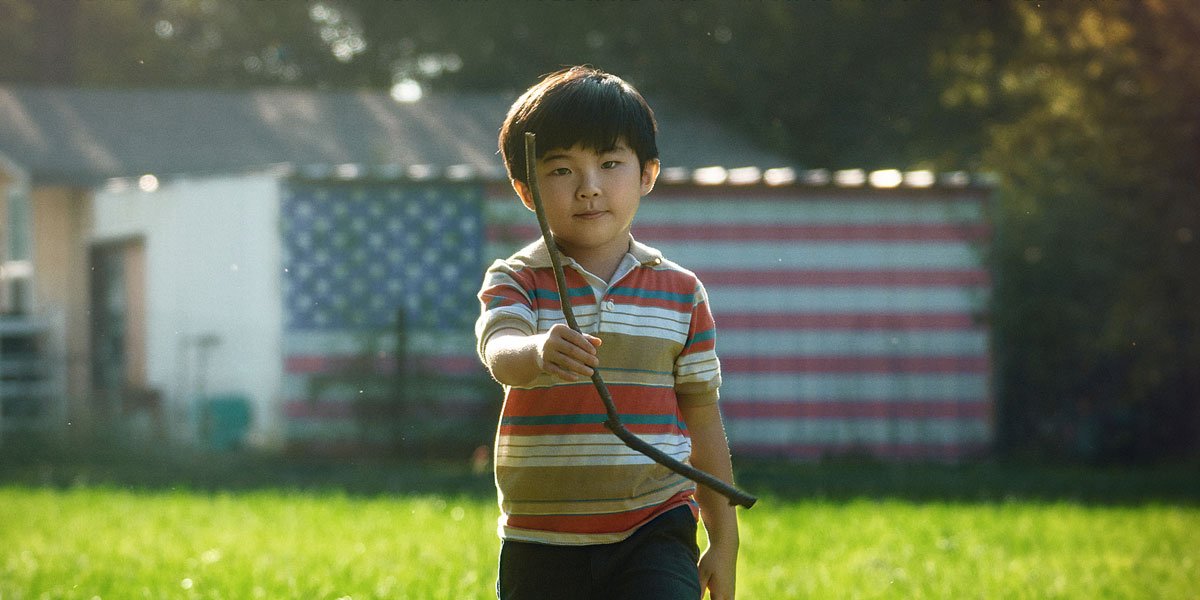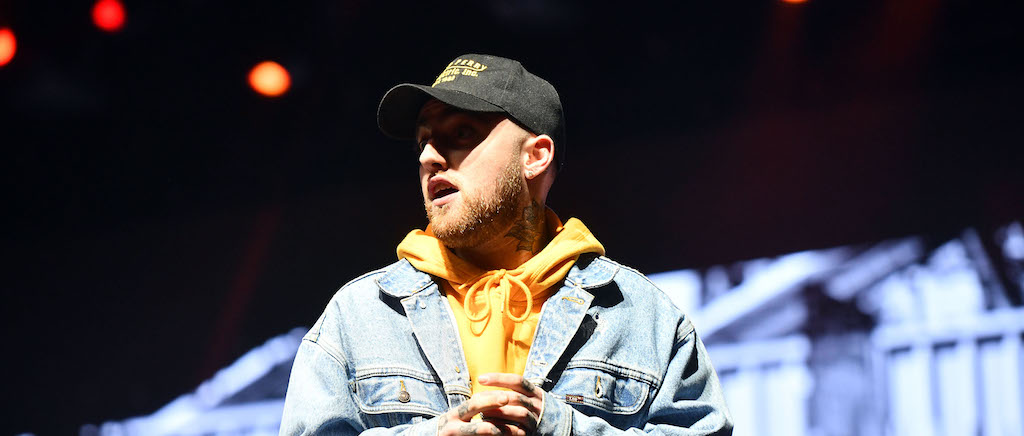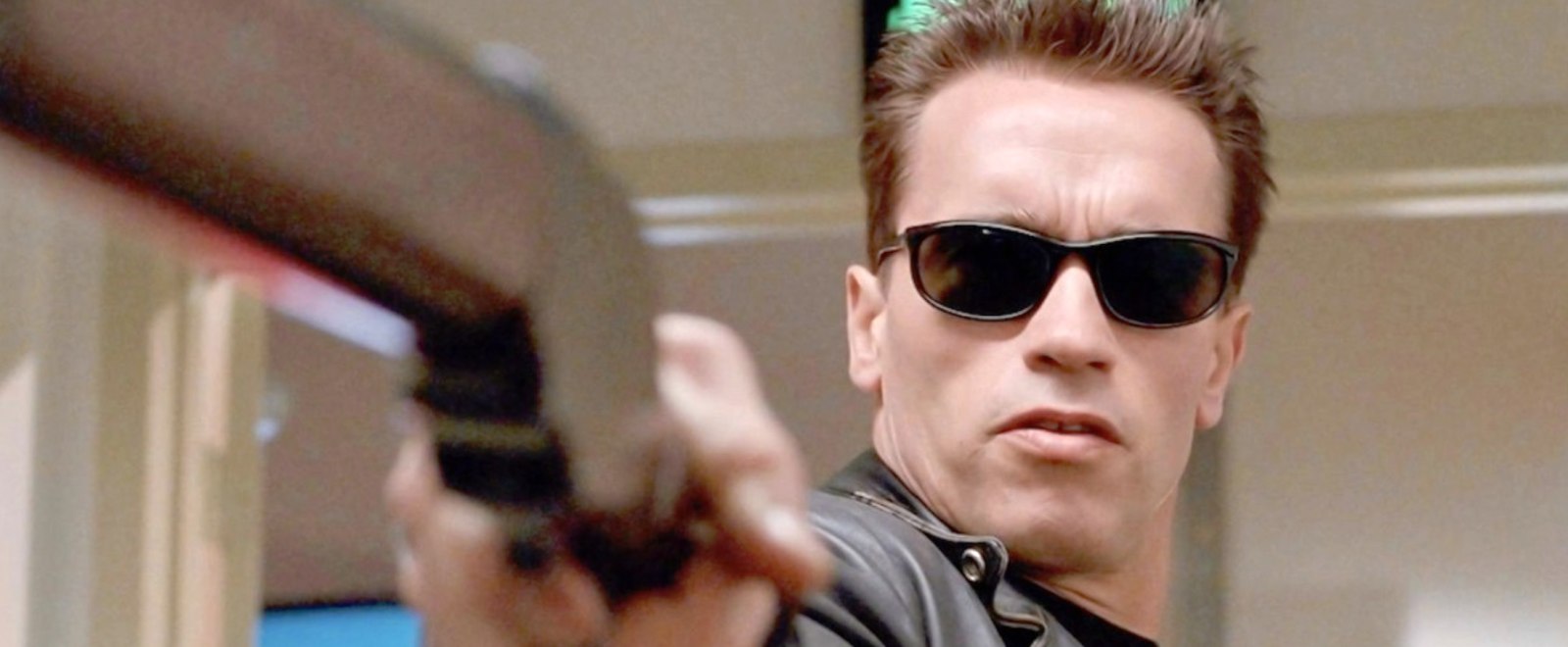The NBA All-Star debate seemed to consume more of our collective energy this week than in most years, and maybe that’s a testament to how much we just want to curl up into the more fun and low-stakes parts of watching the NBA. If that’s been your experience in 2021 so far, then it’s safe to assume you went bananas over the Anthony Edwards dunk over Yuta Watanabe, which was among the most joyful things to happen to our society in at least a year.
All things considered, it’s been a pretty fun week in the league. We don’t quite have to start worrying about the playoffs yet, but the basketball has been great.
Here’s who’s up and who’s down this week in the NBA:
Stock Up: LaMelo Ball
Ball became Charlotte’s starting point guard on the first of February, and the Hornets are 6-5 since then, with the league’s 13th-best offense during that stretch despite the absence of Devonte’ Graham. In particular, Ball has been a killer, averaging 34.1 minutes per game, shooting 40 percent from deep, and putting up a 20/6/6. Anyone wondering whether Ball was efficient or disciplined enough to lead a good team should be eating their words while they watch what he’s doing at 19.
Yet the most exciting part about Ball’s game — and his future — has to do with the impact he has on his teammates. He illustrated this late in a win in Phoenix this week, just after a Devin Booker dunk tied the game at 110. Rather than force an errant jumper or freeze from the pressure, Ball calmly delivered a pinpoint lob to his favorite target, the bouncy Miles Bridges. The Hornets retook the lead immediately and never gave it back.
That’s just one of many sick plays Ball created against the Suns’ top-ten defense. He relentlessly went at Deandre Ayton, punishing the Suns for playing smallish, and getting inside for layups, dunks or drive-and-kick assists.
Later, when the Suns tried to go super small in an effort to contain Ball off the bounce, he played even more patiently, coaxing the Suns’ wings to the outside before prancing into the paint for even easier buckets.
Best of all, the bigger questions about Ball’s game, including how turnover-prone he was and how much effort he put in on defense, have been mostly answered. As he grows a player, Ball will have to clean up his turnovers, though some of it is natural for a player who takes risks. And while there’s always room to grow on defense as young players learn the game, Ball knows how to use his length and IQ as a team defender to make an impact on that end already, as Ricky O’Donnell of SB Nation recently broke down.
Stock Down: Appreciating Khris Middleton
What are we doing here? The man is putting up 21 points and six assists every night, shooting 50/40/90, and playing a different position basically every night while Jrue Holiday recovers from COVID-19. He plays with the reigning back-to-back MVP and yet he often looks like the most important offensive player on the floor for the Bucks. Despite all that, Middleton seemingly couldn’t buy an All-Star vote this year.
Because Milwaukee let Malcolm Brogdon and George Hill walk then traded Eric Bledsoe in the Holiday deal, they haven’t had a quality point guard on the floor when Holiday is out or on the bench. And it’s not as if Holiday is a true lead creator, anyway. What all that means is that Middleton has been in control of the ball much of the time, especially late in games.
The degree of difficulty for what he’s doing has increased, and yet he has become even more efficient and consistent. What are we rewarding when it comes to All-Stars if not that?
Stock Up: Rudy Gobert
Unlike Middleton, Gobert did earn an All-Star nod this week, a much-deserved honor for the best player on the best team in the NBA. And over the weekend, in a game against the Clippers that was illustrative about how he might match up with smaller playoff teams more broadly, Gobert stepped up. Having looked more mobile and effective on the perimeter this year than in the past, the Jazz put Gobert on smaller, less threatening players like Patrick Beverley and Nicolas Batum. Despite being away from the action and not having a traditional center to stick to, Gobert made his presence felt inside on defense.
Rather than try to switch Gobert onto perimeter play-makers, Utah stuck him on a less-threatening player and allowed him to help. When Kawhi Leonard attacked the basket late, Gobert was still there to protect the rim.
If we’re focusing on process over results, it’s fine to ignore Beverley making a few threes late in the game. That’s a recipe to win a playoff game, with Beverley taking a bunch of key shots in crunch time. In fact, the Clippers went on their big run with Gobert out of the game and Derrick Favors allowing Los Angeles to get to the rim and Marcus Morris specifically to go off.
Matchups between Utah and the L.A. teams will teach us more about how Gobert might fare, but for now, his defense hardly seems to be the concern when we’re thinking about the Jazz’s postseason upside.
Stock Down: The way we talk about “analytics”
For those who entirely missed the back-and-forth over efficiency that happened while people tried their hardest not to enjoy Edwards’ ridiculous dunk, consider yourselves lucky. Ignoring it is probably the best choice for all of us going forward, but nevertheless, it’s worth setting the record straight on what this debate is poking at and slithering around but trying its hardest to avoid.
While even referring to the influx of data into decision-making in pro sports as simply “analytics” is pretty reductive, to the extent that it has changed how front offices and coaching staffs look, it has opened up pathways to those who do not have a history in the game, and in some ways restricted opportunity for those who do not adapt statistical thinking into their approach.
This was illustrated particularly well by Jalen Rose in an interview a few years back with Isaac Chotiner of the New Yorker, when Rose said, “here are many people that feel like it has a cultural overtone to it that basically suggests that, even though I may not have played and you did, I am smarter than you, and I know some things that you don’t know, and the numbers support me, not you.”
When I interviewed NBA lifer Eddie Johnson about the topic last January, he mentioned how the focus on data is also weeding out certain types of players who may have grown up learning the basics of the game but have not easily adapted to the more perimeter-oriented nature of the game. He agreed with Rose’s premise, but acknowledged that data has caught hold in the NBA and players are going to have to adapt. There is plenty of room for nuanced conversation on the topic, as these two smart analysts show.
If we want to discuss how data has changed the NBA, we need to be specific about how the game product is different now as well as who those changes affect. Yelling at folks online about whether they should like dunks or not is unproductive, and dances around the genuine conversation, started most publicly by Rose, that needs to be had.
